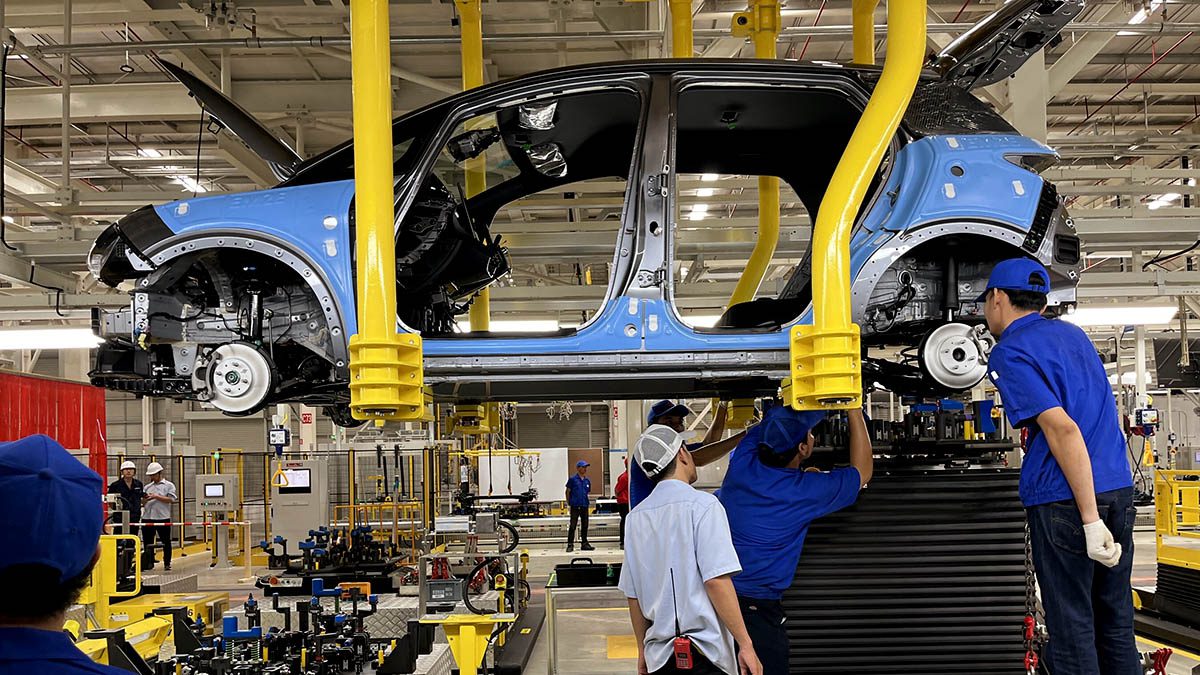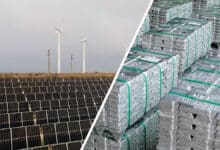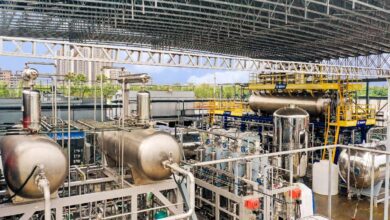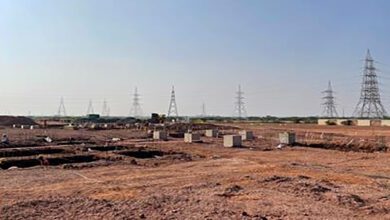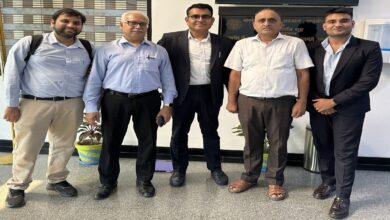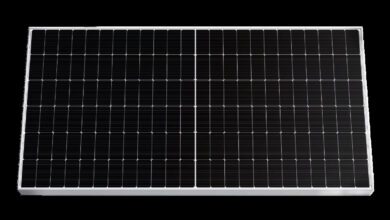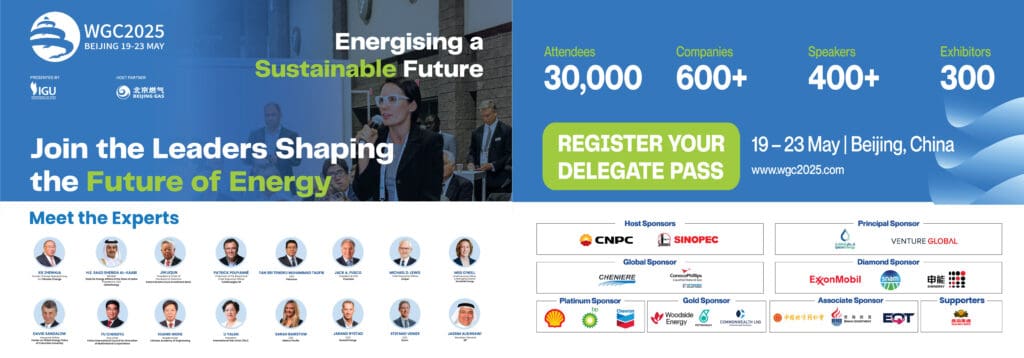Thailand is emerging as a powerhouse in electric vehicle (EV) production, with leading global automakers like BYD and BMW choosing the Southeast Asian nation as their base for manufacturing electric vehicles and sophisticated batteries. This surge in investment is fuelled by the Thai government’s enticing tax breaks, subsidies, and other incentives aimed at transforming the country into a major global hub for battery electric vehicles (BEVs) and hybrid technologies.
On July 4, 2024, BYD celebrated the grand opening of its state-of-the-art factory in Rayong, with a staggering investment of 32 billion baht (approximately $900 million). This facility, capable of producing 1,50,000 vehicles annually, signifies BYD’s commitment to expanding its footprint beyond China and tapping into the burgeoning ASEAN market. With six other major Chinese BEV manufacturers—including Great Wall Motor, Hozon New Energy Automobile, and SAIC Motor—either operational or under construction in the vicinity, Thailand is rapidly becoming a hotbed for EV production.
Japanese automakers are also making significant moves, with Isuzu Motors unveiling its first BEV at the Bangkok International Motor Show in March 2024. The company plans to build the electric version of its popular D-Max pickup truck in Thailand, targeting European markets, including Norway, by 2025. Isuzu aims to boost its investment in Thailand by 32 billion baht, reflecting the growing trend among traditional manufacturers transitioning toward clean energy.
Other automotive giants such as Toyota, Honda, and Hyundai are also setting up shop in Thailand, with Hyundai Mobility Manufacturing receiving approval to invest 1 billion baht in local assembly of BEVs starting in 2026. Meanwhile, Mercedes-Benz has been assembling electric cars in Thailand since 2022 and BMW is set to launch its first locally produced EVs by the end of 2025.
The influx of investment extends beyond vehicle assembly. In March 2024, Chinese battery manufacturer SVOLT Energy Technology, in partnership with Thai energy company Banpu Next, began producing EV battery packs in Thailand, contributing to the establishment of a localised supply chain for the growing EV sector. Additionally, Changan Automobile announced partnerships with local parts manufacturers to enhance local procurement for its EVs.
With 18 clean energy automakers investing a combined $2.2 billion in Thailand, the Board of Investment (BOI) anticipates this figure could surge tenfold by 2027. Eric Ruge, Managing Director of BMW Manufacturing (Thailand) Co. Ltd., expressed his surprise at the rapid development of the local market, noting a clear shift in consumer preference towards battery electric vehicles.
Thailand, once known for its conventional internal combustion engine (ICE) auto industry, is now experiencing a remarkable transformation. The country ranked 10th globally in ICE vehicle production in 2023, and with government policies offering robust support, it is positioning itself to be a leader in the EV sector, surpassing even the United States in growth rates.
The EV market in Thailand has witnessed phenomenal growth, with sales soaring nearly eight-fold to 76,000 units in 2023, accounting for 12% of all vehicle sales. Analysts predict this figure will double in 2024, reaching a projected 150,000 sales, translating to a 20% market share of all vehicles produced.
Thailand’s ambitious “30@30” strategy aims for 30% of vehicles manufactured by 2030 to be EVs, encompassing private cars, trucks, and buses. This transition not only targets domestic consumption but also aims to solidify Thailand’s role as a significant player in the global clean energy vehicle market, with more than half of its manufacturing capacity set for export.
The Thai government’s proactive policies, coupled with the local workforce’s capabilities, have made the country an attractive destination for EV manufacturers. “It’s a small plant, but it’s extremely complex,” Ruge stated, praising the exceptional quality of production in Rayong.


